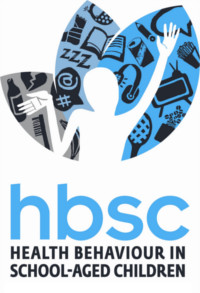HBSC ESPAÑA
Health Behaviour in School-aged Children
HBSC International
 Each country's team is assigned to a working discipline related to health (anthropology, biology, education, medicine, psychology, sociology, social work, etc.) and belongs to different work fields (universities, hospitals, public or private research institutes, etc.). This has undoubtedly shaped the study's end-product.
Each country's team is assigned to a working discipline related to health (anthropology, biology, education, medicine, psychology, sociology, social work, etc.) and belongs to different work fields (universities, hospitals, public or private research institutes, etc.). This has undoubtedly shaped the study's end-product.
These teams meet twice a year (autumn and spring) to discuss and evaluate all issues related to the study.
In each meeting there are plenary sessions attended by all assisting parties and subject sessions (Focus Group meetings), where there are discussions and agreements related to a specific field of knowledge. Each and every one of these sessions has a coordinator. At this moment in time there are 10 subject areas in the HBSC: Physical Activity, Eating and Dieting, Social Capital, Risk Behaviours, School Context, Family Culture, Peer Culture, Social Inequality, Violence and Injuries Prevention, Positive Health. There are also other 7 subject points which are transversal: Gender, Puberty, Bullying, Sexual Health, Developmental trends, Obesity and Medicine Use.
Besides subject groups, HBSC structure also has the SDG (Scientific Development Group), the PDG (Political Development Group) and the MDG (Methodological Development Group).

